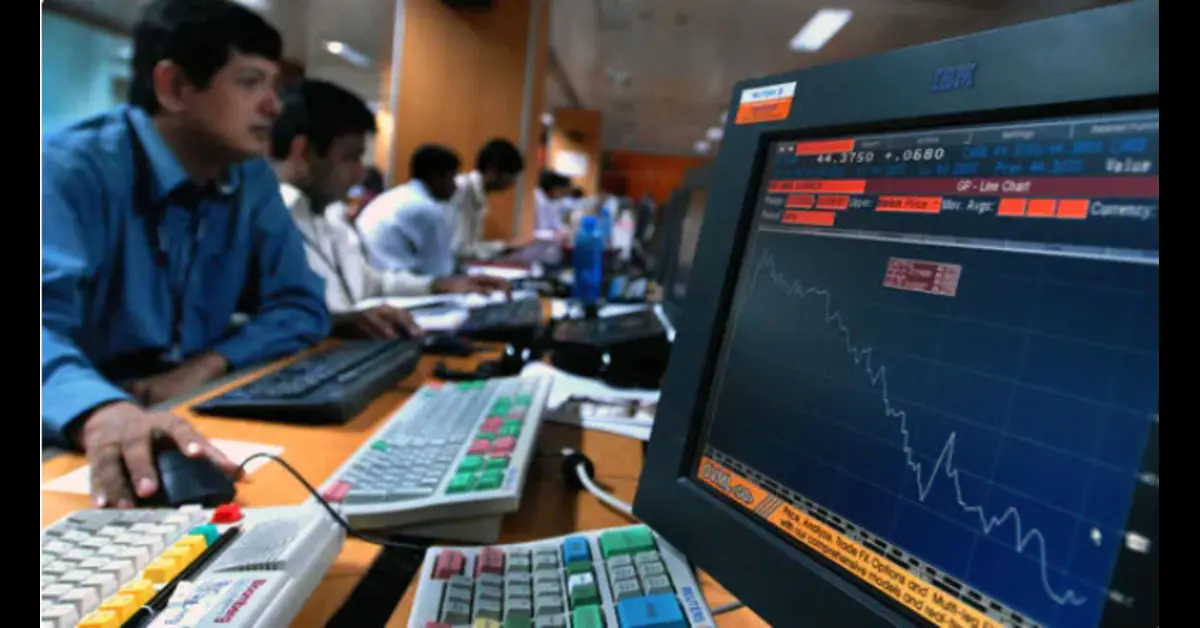Table of Contents
The Indian stock market, with its key indices Nifty 50 and Sensex, remains a focal point for investors seeking insights and trends that shape financial decisions. As we look towards the trading session on July 26, several factors will influence market movements. This article delves into what traders and investors can expect from the Indian stock market today, providing a comprehensive overview of market trends, economic indicators, and potential stock performances.
Introduction
The Nifty 50 and Sensex indices are barometers of the Indian stock market’s health, reflecting the performance of the top 50 and 30 companies, respectively. These indices are closely watched by investors for cues on market sentiment and economic trends. As we approach the trading session on July 26, a mix of global and domestic factors will likely influence market behavior. Understanding these factors can help investors make informed decisions.
Global Market Cues
Global market trends significantly impact the Indian stock market. Key factors to watch include:
- US Federal Reserve Decisions: Any announcements or policy changes by the US Federal Reserve regarding interest rates and economic outlook can cause ripples across global markets.
- Geopolitical Developments: Ongoing geopolitical tensions, trade disputes, or diplomatic engagements can affect investor sentiment and market volatility.
- Economic Data: Recent economic data releases from major economies, including employment figures, GDP growth rates, and inflation metrics, will be critical in shaping market expectations.
Domestic Economic Indicators
Domestic economic factors play a pivotal role in influencing the Nifty 50 and Sensex. Important indicators to consider are:
- Corporate Earnings: The earnings reports of key companies can provide insights into sectoral performance and overall economic health. Nifty Positive earnings results often boost market confidence, while disappointing results can trigger sell-offs.
- Inflation Rates: Inflation figures released by the Reserve Bank of India (RBI) can impact market sentiment. High inflation may lead to tighter monetary policy, affecting liquidity and stock prices.
- Monetary Policy: RBI’s stance on interest rates and monetary policy decisions can significantly influence market dynamics. A dovish stance typically supports market growth, while a hawkish approach can dampen sentiment.
Sectoral Performance
Different sectors may perform differently based on the prevailing economic conditions and corporate earnings. Key sectors to watch include:
- Banking and Financial Services: This sector often mirrors overall economic health. Watch for announcements related to Nifty non-performing assets (NPAs), interest rates, and regulatory changes.
- Information Technology: IT companies are sensitive to global economic conditions, especially in the US and Europe. Earnings reports and guidance from major IT firms will be crucial.
- Pharmaceuticals: With ongoing health concerns and the focus on healthcare, pharmaceutical stocks may see varied performance based on new product approvals, earnings, and regulatory news.
- Consumer Goods: This sector is often seen as a barometer for consumer confidence and spending. Watch for earnings results and any indications of changing consumer behavior.
Key Stocks to Watch
Several stocks are likely to be in focus during the trading session on July 26:
- Reliance Industries: As one of the largest companies in India, any significant news related to its business operations or earnings can influence the market.
- Tata Consultancy Services (TCS): Being a major player in the IT sector, TCS’s performance can provide insights into the tech industry’s health.
- HDFC Bank: Financial stocks like HDFC Bank Nifty are pivotal in determining market trends, especially in the banking sector.
- Infosys: Another IT giant, Infosys’s earnings and guidance can affect investor sentiment towards technology stocks.
- Larsen & Toubro (L&T): As a major infrastructure and engineering company, L&T’s performance can indicate trends in the industrial sector.
Market Sentiment and Investor Behavior
Investor sentiment is a crucial factor that can drive market movements. Sentiment is influenced by:
- News Headlines: Major news events, whether positive or negative, can cause sudden market reactions.
- FII and DII Activity: Foreign Institutional Investors (FII) and Domestic Institutional Investors (DII) play a significant role in market dynamics. Tracking their buying and selling patterns can provide insights into market trends.
- Technical Analysis: Technical indicators such as Nifty moving averages, Relative Strength Index (RSI), and support and resistance levels can help predict short-term market movements.
Conclusion
As the Indian stock market gears up for the trading session on July 26, a confluence of global and domestic factors will shape market movements. Investors should stay informed about key economic indicators, corporate earnings, and sectoral performances to Nifty navigate the market effectively. By keeping an eye on global trends, domestic policies, and investor sentiment, one can make well-informed investment decisions.
Indian Stock Market: 10 Things That Changed for Market Over Weekend
FAQs
What are the key factors influencing the Indian stock market today?
Global market cues, domestic economic indicators, sectoral performance, and investor sentiment are the key factors influencing the Indian stock market.
How do corporate earnings impact the market?
Corporate earnings provide insights into company performance and economic health. Positive earnings often boost market confidence, Nifty while disappointing results can trigger sell-offs.
Which sectors should investors watch closely on July 26?
Investors should watch the banking and financial services, information technology, pharmaceuticals, and consumer goods sectors closely.
Why is investor sentiment important in the stock market?
Investor sentiment can drive market movements. Positive sentiment can lead to market rallies, while negative sentiment can cause sell-offs.
What role do FIIs and DIIs play in the Indian stock market?
FIIs and DIIs significantly influence market Nifty dynamics through their buying and selling patterns. Their activities can provide insights into market trends and investor behavior.
How can technical analysis help in predicting market movements?
Technical analysis uses indicators like moving averages and RSI to predict short-term market movements, helping investors make informed trading decisions.
